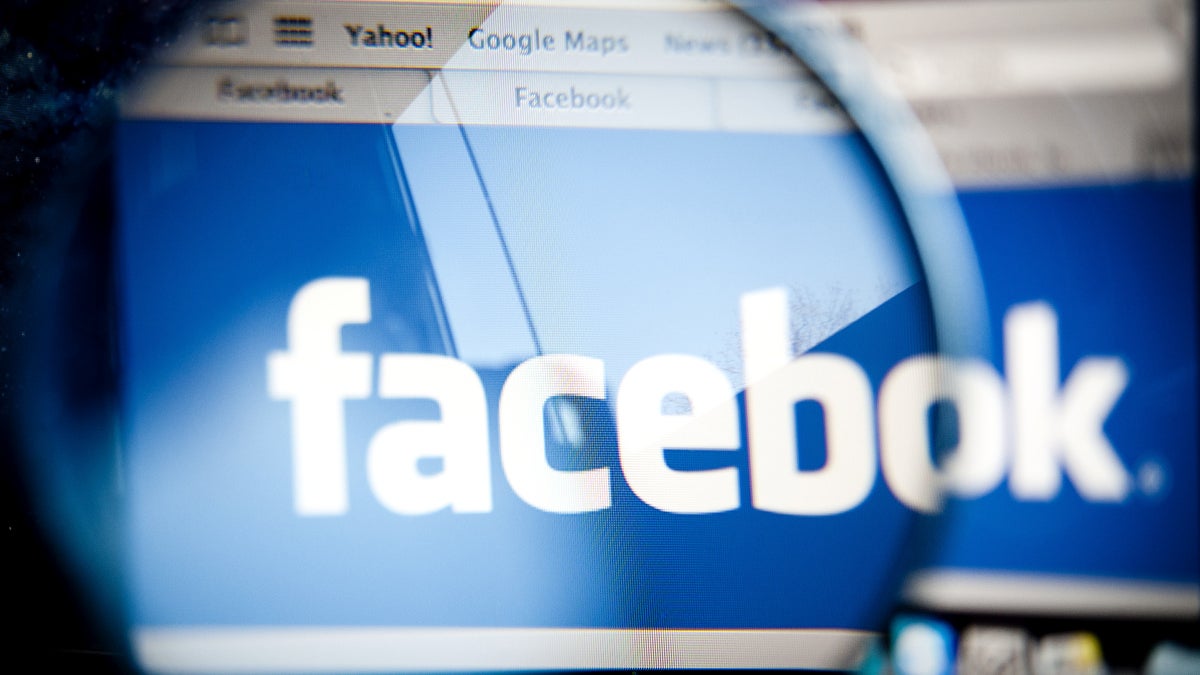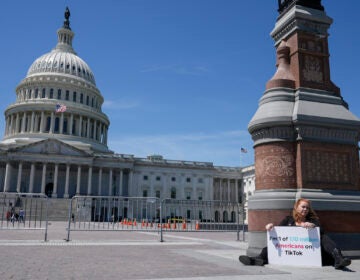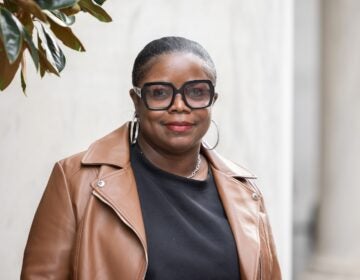The importance of being a savvy media consumer

(AP Photo: Timur Emek/dapd, file)
The blame being placed on the mainstream media and social media platforms for the public’s information deficit is partially misplaced. We, as news consumers, need to take the initiative to be more skeptical of the information that we receive.
It’s important that people regain their trust in the mainstream media. Unfortunately, most people are relying on social media to get their news. Social media news feeds can be flawed. Look at recent fake news stories posted on Facebook.
However, the blame being placed on the mainstream media and social media platforms for the public’s information deficit is partially misplaced. We, as news consumers, need to take the initiative to be more skeptical of the information that we receive. It is essential for us all to become savvy media consumers, to question and to wade through the vast ocean of information that is available.
The mainstream media, and journalism as a profession, have taken a reputation hit during this election, but journalists continue to serve an important role as government watchdogs, keeping politicians honest and exposing corruption. It’s a service that we can’t live without in a free society.
Mainstream media organizations are even more essential today with the recent explosion of advocacy journalism outlets that have a clear bias in their reporting. These media outlets, such as Fox News, Breitbart, and theBlaze on the right, and MSNBC, Counterpunch, and Daily Kos on the left, don’t lie or misrepresent facts, but they skew the presentation of the facts to support their narrative and their agenda.
Unlike advocacy journalists, the mainstream media should act as an honest broker and be the adult in the room when it comes to coverage. It’s important to cover all sides of an issue and to report fairly and accurately. Generally, over the years, despite criticism from conservatives, I think that the media has tried to do this. For the most part, conservatives’ claims of liberal media bias have been overblown and exaggerated, but their repetitive assertions over the years have effectively played the refs. In reality, mainstream media outlets have not shied away from covering controversies and scandals involving Democrats through the years.
The Society of Professional Journalists eliminated objectivity from its Code of Ethics two decades ago. There is no such thing as perfect objectivity, as reporters have their own personal biases, opinions, and viewpoints. Nonetheless, reporters should strive towards being as objective, neutral, fair, impartial, and balanced as possible for most stories.
However, in addition to reporters being as neutral as possible, it’s important for most news consumers to change their media habits.
It’s essential for people to break out of their own echo chambers and to expose themselves to various viewpoints. If you’re liberal, watch MSNBC and read the New York Times Editorial Page to confirm your viewpoints and get talking points for your arguments with Uncle Joe during Thanksgiving dinner, but also watch Fox News, listen to talk radio, and visit conservative websites like the Blaze and Breitbart. Similarly, in addition to watching Fox News and listening to talk radio, conservatives should visit Huffington Post and Salon.com and watch MSNBC.
Right now, we live in parallel news universes, where George Zimmerman was presumed guilty on MSNBC and Trayvon Martin was portrayed as a thug on Fox News. Kim Davis, the Kentucky clerk who refused to issue marriage licenses to gay couples was vilified on liberal media outlets but praised for her courage and compared to Rosa Parks by conservative talk radio. Also realize that many of us have Facebook and Twitter friends who align with our views. Again, try to go outside of that bubble to get information.
It’s also important as a news consumer to verify information. Verify “breaking news” by checking various sources to see if it’s being widely reported. Also be wary of advocacy journalism outlets that have an explicit agenda that will skew their reporting.
People must also be wary of fake news, which has been on the rise, as well as “sponsored content,” which companies pay for to appear in print and online. These sponsored articles are actually ads promoting a product or service, but they are presented in the style of a news article with the express intention of confusing readers.
There is a burgeoning educational field known as media literacy and news literacy, which focuses on teaching students at all levels how to be savvy news consumers and critical thinkers. In light of today’s confusing news landscape, these are essential skills to have and to teach in the future.
—
Larry Atkins teaches journalism at Temple University and Arcadia University. He is author of the book “Skewed: A Critical Thinker’s Guide to Media Bias” (Prometheus Books).
WHYY is your source for fact-based, in-depth journalism and information. As a nonprofit organization, we rely on financial support from readers like you. Please give today.




